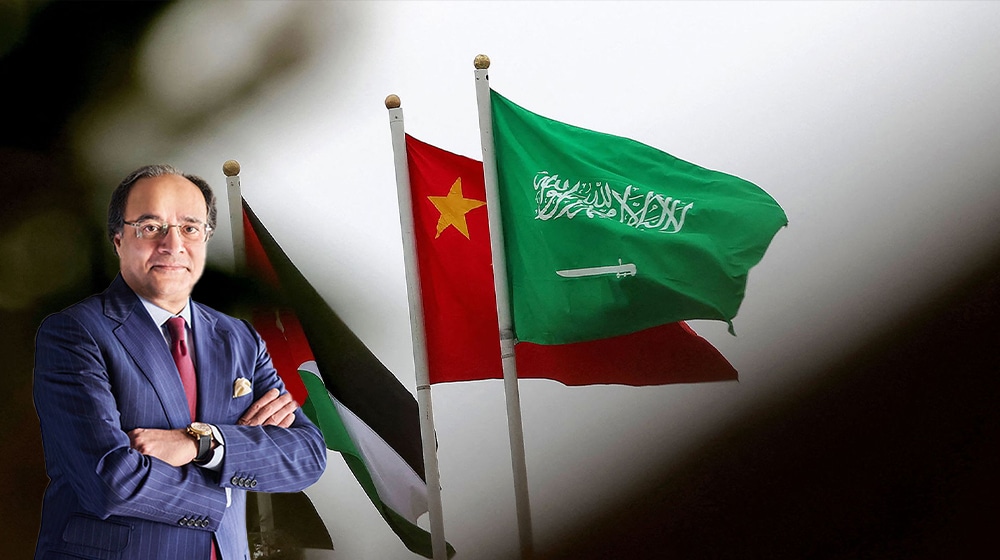Pakistan finds itself at a pivotal crossroads, with Finance Minister Muhammad Aurangzeb weaving a narrative of hope and strategic alliances. Picture, if you will, a chess board where the pieces are not just kings and pawns, but entire nations, each move carefully calculated to secure economic stability.
Aurangzeb, fresh from his sojourn in China, paints a picture of a nation poised on the brink of financial transformation. The air is thick with anticipation as he speaks of the support promised by the triumvirate of China, Saudi Arabia, and the United Arab Emirates. These economic powerhouses, he assures, stand ready to bridge the yawning chasm of Pakistan’s external financing gap, a crucial step in securing the nod from the IMF’s Executive Board for a new $7 billion lifeline.
But this is no ordinary loan, mind you. Aurangzeb boldly proclaims it as the “last ever” IMF bailout, a statement that rings with both optimism and a hint of desperation. It’s as if Pakistan is preparing to graduate from the school of hard economic knocks, determined to stand on its own financial feet.
The minister’s words conjure images of bustling Chinese markets as he speaks of Panda Bonds, a financial instrument that seems as exotic as its namesake. This foray into the Chinese bond market is not just a fundraising exercise; it’s a strategic move, one that has apparently earned a nod of approval from the usually stern-faced IMF.
But the story doesn’t end there. Aurangzeb speaks of energy debt reprofiling, a phrase that hints at complex negotiations and financial acrobatics. And then there’s the matter of the 4.9 million non-filers, a number that looms large in the minister’s plans for economic reform. One can almost see the gears turning in his mind as he contemplates the compliance measures needed to bring these economic ghosts into the light.
The minister’s recent tête-à-tête with Chinese President Xi Jinping adds another layer of intrigue to this financial saga. Their discussions, focused on investments in the energy sector, hint at a future where Pakistan’s power woes might finally be laid to rest.
Aurangzeb’s vision extends beyond mere number-crunching. He speaks of restoring public trust in the Federal Board of Revenue, a task as monumental as it is crucial. The simplification of tax return forms, he suggests, could be the key to unlocking this elusive trust.
As he weaves his tale of economic redemption, Aurangzeb doesn’t forget to tip his hat to Pakistan’s longtime allies. China, Saudi Arabia, and the UAE are painted as steadfast friends, always ready to lend a helping hand in times of financial need.
The minister’s words paint a picture of a Pakistan standing at the threshold of a new era. Macroeconomic stability, he asserts, is not just a goal but a necessity, the bedrock upon which the nation’s growth will be built. His vision of an economy fueled by exports and direct investment is both ambitious and tantalizing.
As the curtain falls on this act of Pakistan’s economic drama, one can’t help but wonder what the next scene will bring. Will this indeed be the “last ever” IMF loan? Will the promised support from China, Saudi Arabia, and the UAE materialize as hoped? Only time will tell. But for now, Finance Minister Muhammad Aurangzeb has set the stage for what could be a transformative chapter in Pakistan’s economic story.







